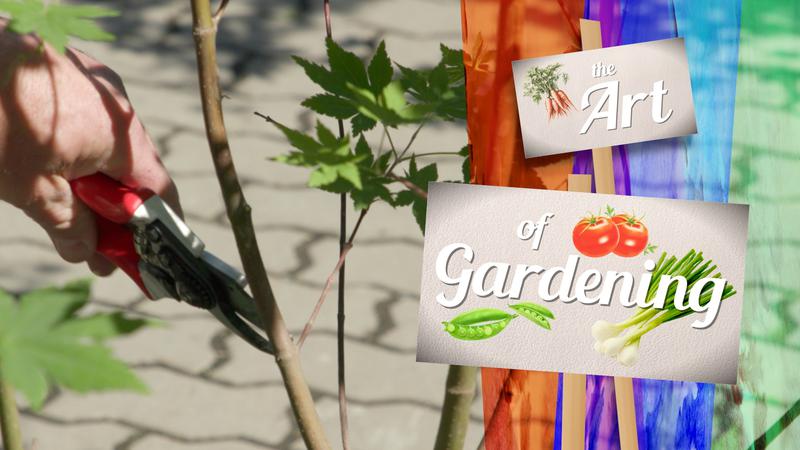
John Rustad, political cast off to potential B.C. premier: ‘remarkable,’ he says
VICTORIA — British Columbia Conservative Party Leader John Rustad was at a low point in his life two years ago, both personally and politically.
He was searching for a political home after being booted from the former B.C. Liberal Party caucus.
Rustad, 61, was also grieving back-to-back-to-back family losses and his own health had taken a downturn.
“Twenty-twenty-two was a very difficult year for my family,” said Rustad. “My father passed away in January. My father-in-law passed in February. I had shingles in April and then my mother passed in July.”


